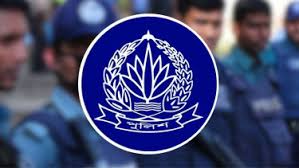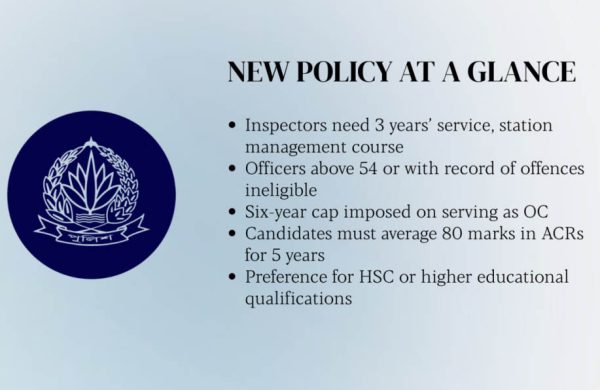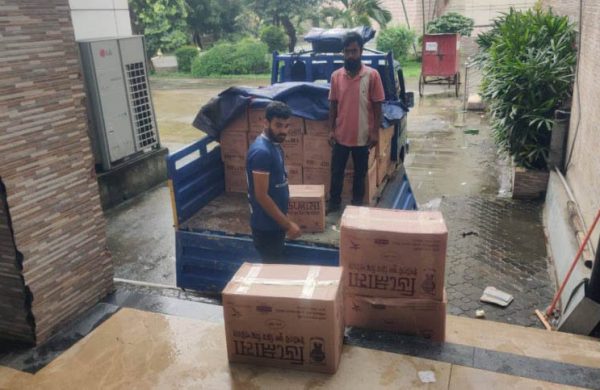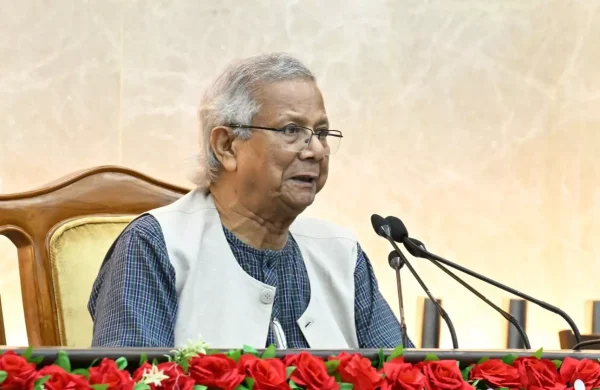BTCL’s 5G project stalls amid controversy
- Update Time : Saturday, August 2, 2025

TDS Desk:
The Bangladesh Telecommunications Company Limited’s (BTCL) long-planned 5G Readiness Project remains stalled three years after its initiation, mired in controversy, bureaucratic inertia, and allegations of irregularities.
The delay not only threatens the Tk 3 billion project itself but also places another Tk 3 billion regulatory capacity-building initiative at risk, raising fears of a total government loss exceeding Tk 6 billion.
Launched in 2022, the project was envisioned to lay the groundwork for uninterrupted and state-of-the-art telecommunications infrastructure and broadband internet access, addressing the nation’s rising bandwidth demand through 2030.
However, its implementation has been disrupted by administrative weaknesses, political interference, technical disputes, conflicting reports, and legal and regulatory tangles.
The project became complicated further after a semi-official letter from Faiz Ahmad Taiyeb, special assistant to the chief adviser, sparked media scrutiny and prompted an Anti-Corruption Commission (ACC) investigation, despite the letter not carrying any executive directive.
Although the technical specifications of the tendered equipment were approved in September 2020, vested interests have since attempted to discredit or manipulate these evaluations to suit their agendas.
For months after April 2023, the then BTCL managing director Asaduzzaman Chowdhury refused to formally accept the technical evaluation report, despite public procurement rules mandating notification of tender winners within seven days of receipt.
His inaction was later cited as grounds for his dismissal.
Another bidding company later capitalised on the resulting stalemate.
On April 24, 2023, the company sent a letter directly to the minister of posts and telecommunications, challenging the technical qualifications of the equipment and seeking cancellation and re-invitation of tenders.
However, this was in contravention of procedure as any such complaint should have been directed to the project director.
Moreover, no objections had been raised during a prior stakeholder meeting held on October 30, 2022, nor by the subsequent written deadline of November 3.
In early May 2023, a little-known group calling itself the Bangladesh Internet Consumers Association also wrote to the Ministry of Planning, claiming the proposed technology was outdated.
However, the group provided no valid contact number and was not found to exist at its listed address.
The letter also contained information seemingly accessible only to tender participants, raising questions about who was behind it.
A subsequent seven-member committee appointed by the Posts and Telecommunications Division found the technology specified in the tender to be in line with the International Telecommunication Union (ITU) standards and used in countries like Singapore since 2021.
A former Bangladesh University of Engineering and Technology (BUET) vice-chancellor and BTCL board member referred to it as the most suitable available technology considering Bangladesh’s socio-economic and geographical context, stating there was no basis for claims of obsolescence.
At the centre of recent confusion is a debate over whether 26 terabytes or 126 terabytes of bandwidth capacity is necessary.
An inquiry committee noted that earlier feasibility reports underestimated the local cache server demand, focusing only on international bandwidth.
Experts now argue that the proposed 126 terabytes align with the projected growth and future needs, including the anticipated rise of virtual reality, high-quality video content, and high-speed 5G internet.
Faiz Ahmad Taiyeb has projected that Bangladesh’s current internet footprint of 35-36 terabytes could grow to 175 terabytes within 12 years, based on a 34-45 per cent annual growth rate observed in developing nations.
Analysts suggest the project’s cancellation would disproportionately benefit private nationwide telecommunication transmission network (NTTN) operators while financially undermining BTCL.
By deploying high-grade optical fibre nationwide, BTCL aimed to rent infrastructure to government and private entities, potentially boosting its revenue and sustainability.
After the fall of the Awami League government, new telecom adviser Nahid Islam commissioned a fact-finding report, which concluded that the Public Procurement Act (PPA) 2006 and Public Procurement Rules (PPR) 2008 were properly followed.
Nonetheless, board members Tamjidul and Mahmud Hossain rejected the findings and pushed for a new report.
While the Central Procurement Technical Unit (CPTU) attempted to advance the stalled process, a court petition filed by an unrelated individual halted progress.
The court has since allowed the project to proceed. Yet, the ACC placed it on its watch list.
The opening of a letter of credit (LC) involving Tk 3 billion has since been cancelled, and another critical Tk 3 billion project faces uncertainty.
The 5G infrastructure is also tied to BTCL’s ongoing IP network project, sharing specifications.
Without the 5G project’s execution, the IP equipment cannot be commissioned either, leading to a possible wastage of public funds and hardware.
On June 18, the then ACC secretary Khorsheda Yasmin wrote to the Ministry of Posts and Telecommunications, citing initial irregularities under PPA and PPR.
But without providing supporting evidence, she requested that activities be suspended.
In response, Faiz Ahmad Taiyeb wrote a semi-official letter to the ACC, requesting clearance of the previously opened LCs to avoid financial losses.
He also suggested proceeding under GCC Clause 38.4, which allows for a factory acceptance test to be conducted later by subject matter experts.
At a press conference, he clarified that the letter was not an attempt to interfere with the ACC’s probe.
ACC Deputy Director Akhtarul Islam confirmed the interpretation, stating, “I have seen the letter from Mr Taiyeb. In my view, there is nothing in it that could influence the ACC’s investigation.”
“I do not believe the ACC has any reason to regard it as offensive or obstructive,” he added.

















